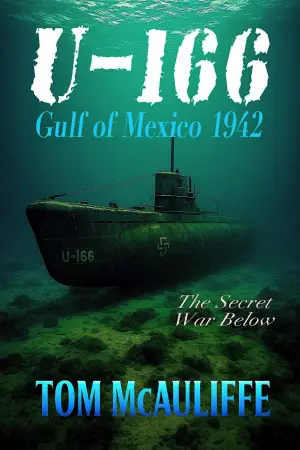A Reflection on Will MacAskill’s What We Owe the Future
When I first picked up What We Owe the Future by Will MacAskill, I was drawn in by the promise of challenging yet essential ideas surrounding long-termism. As someone who teeters on the edge of ethical theory and social concern, the book beckoned to my curiosity, suggesting a deep dive into a world I was eager to engage with. Yet, as I settled in with the text, I found myself navigating a spectrum of emotions and insights that ultimately led me to rate it at three stars—a decision I struggled with while rounding down from a more generous 3.5.
From the start, MacAskill’s writing shines; he skillfully connects abstract ethics to tangible human experiences. The first four chapters are exceptional, filled with compelling arguments that resonate deeply, especially with those sympathetic to longtermism. His opening thought experiment, though a bit perplexing regarding the lifespan comparisons of slaveholders and slaves, set an intriguing tone. Discussions about value lock-in remind us of the weight our choices can carry, ultimately reflecting the urgency and responsibility we face as stewards of the future.
However, as I ventured deeper into the book, I encountered moments of disappointment that stemmed from my own elevated expectations. In particular, Chapter 5, where MacAskill makes a classical utilitarian case for prioritizing existential risk mitigation, left me wondering if a serious discussion of suffering risks (s-risks) might have added a necessary layer of complexity. It feels like a crucial element was overlooked—almost as if optimism clouds a thorough exploration of the darker paths the future might take. I found myself thinking of Magnus Vinding’s thought-provoking critique of our current state of affairs, which contextualizes existential risk within a broader understanding of suffering across species.
As MacAskill continues, he offers insights into population ethics that could enlighten even the uninitiated. While I appreciated his balanced overview in Chapter 8, I found it puzzling that he neglected to mention the ‘Very Repugnant Conclusion,’ particularly since he has previously identified it as a core challenge to his own views. These omissions were surprising, especially for readers, like myself, who crave a more comprehensive discourse.
In Chapter 9, I had some of my starkest disagreements with MacAskill. His willingness to contemplate living through every human life, irrespective of the suffering endured, left me reeling. The balancing act between minimizing suffering and maximizing happiness felt precariously tilted. The juxtaposition of animal welfare and human interests presented further confusion, blurring the lines of moral weight and generating more questions than answers.
Despite these critiques, there’s a refreshing clarity in MacAskill’s optimism for a better future—a sentiment that can be both inspiring and troubling, depending on one’s worldview. The potential for understanding and reshaping our futures comes through in his discussions, but one wonders if such optimism can withstand the heavy weight of existential dependency.
In conclusion, What We Owe the Future is an impressive and thought-provoking book that deserves attention. Will MacAskill’s ideas will resonate deeply with those who are willing to grapple with the implications of our ethical choices and their long-term impacts. While my critiques reflect my personal contemplations and concerns, I ultimately respect MacAskill for sparking these dialogues. This book is for ethicists, altruists, and anyone curious about the long-term trajectory of humanity. The reading experience has certainly broadened my perspective and will stay with me as I continue to ponder what we truly owe the future.






